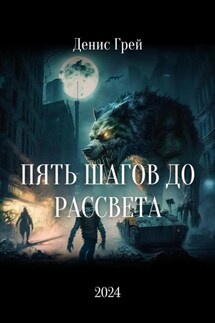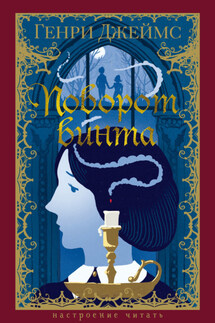The Whisper of Submerged Sanctuaries - страница 2
With a sigh, Alexei turned away from the window and surveyed the mansard. Everywhere stood stacks of books, folders with papers, boxes filled with photographs and slides. His grandfather had been one of those scholars who didn't trust digital archives and preferred to store his materials in the old-fashioned way—on paper.
"I've almost finished with this box, Grandfather," Alexei muttered, addressing the large portrait of the professor hanging above the desk. "But there are at least ten more to go. You could have been more organized with your notes."
It seemed to him that the wrinkles around his grandfather's eyes in the portrait formed into a mischievous smile. Alexei smiled back and returned to the desk, where an open cardboard box filled with folders lay.
The next folder was simply labeled: "Expedition 1953-1955. Personal." It was strange that his grandfather had marked it as personal. Usually, he meticulously cataloged all his expedition materials by theme. Alexei untied the faded ribbons and opened the folder.
Inside were just a few documents: yellowed diary pages with faded ink, several black-and-white photographs, and a small sealed envelope made of thick paper. Alexei carefully removed the diary and began to read.
"May 12, 1954. Lake Issyk-Kul. Something unusual happened today. While exploring caves on the northern shore, Kambarov found a strange medallion. Judging by its style, it's Nestorian, presumably from the 12th-13th centuries. Symbols are engraved on the reverse side, which I cannot yet identify. The expedition leader, Comrade Voronov, insists on immediately transferring the find to central administration, but something makes me hesitate. Perhaps it's young Kambarov's intuition. He claims the medallion 'wants to stay' with me. The boy is only 12 years old, but his perceptiveness sometimes astounds me…"
Alexei turned the page.
"May 16, 1954. Voronov received orders from Moscow to wrap up work in the caves and relocate to the Cholpon-Ata area. The official reason is to concentrate efforts on more promising sites. But rumors are circulating that a KGB commission is coming to our camp. It might be about the deserter whom local shepherds discovered not far from our camp. Or perhaps it's something else. In any case, I've made my decision. The medallion will stay with me until I solve its mystery. Kambarov has promised to help and to introduce me to his grandfather, who, according to him, knows ancient legends about the treasures of Issyk-Kul…"
The entries ended abruptly. The following pages had been torn out. Alexei frowned. It was unlike his grandfather to destroy his notes. He should have valued every line, especially regarding his expeditions.
Alexei set the diary aside and picked up the photographs. The first showed the expedition camp—tents on the lakeshore, people in field uniforms. In the second, a group of men in formal suits stood near some mountain slope. And finally, in the third—a young version of his grandfather next to a Kyrgyz teenage boy, both smiling, with the entrance to a cave in the background.
Intrigued, Alexei picked up the sealed envelope. It was heavier than it first appeared. Something shifted inside. There were no inscriptions on the envelope, only a small red wax seal with an imprint resembling a stylized cross.
Alexei carefully opened the envelope, trying not to damage the seal. Inside was a folded sheet of paper and something wrapped in a piece of dark fabric. Unfolding the paper, he discovered a short note written in his grandfather's firm handwriting:









